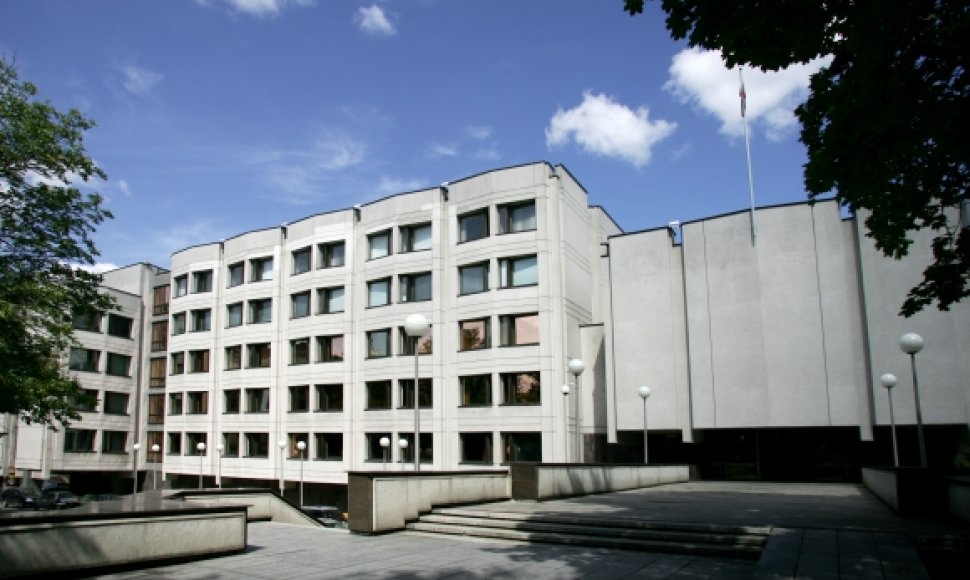"In the light of the results of the consultative (non-binding) referendum of 14 October 2012 on construction of a new nuclear power plant in the Republic of Lithuania, we will review the National Energy Strategy, submit a strategy of independent provision of the state with energy resources that would be the most economically beneficial and acceptable to users, the strategy will also envisage perspectives of nuclear energy, a broad agreement of political parties based on the thorough integrated analysis of alternative ways of developing the energy sector and in the light of the long-term perspective. The best alternative should be determined based on an analysis of costs and benefits in order to secure energy independence and the lowest price," reads the program draft.
The ruling parties stipulate an objective of depoliticizing energy projects.
"We will depoliticize energy projects. We will assess the existing situation in the energy sector and set fields of activities which will help us make decisions that will best respond to the interests of the society. Reduction of energy poverty is a priority matter for Lithuanian residents," the document says.
The governmental program should be submitted for parliamentary discussion on Tuesday, with the vote scheduled for Thursday. The new government will only get a mandate to wok after parliamentary endorsement of its program.
The preliminary program draft included a provision that, in the light of the results of the non-binding referendum, "the 16th government will execute the will stated by the citizens and will not continue the project."
Prime Minister-designate Algirdas Butkevičius, the leader of the ruling Social Democratic Party, said a few weeks ago that the Visaginas nuclear power plant was an unrealistic project and would be terminated. However, he also said that no hasty decisions would be made in this respect.
Jaroslav Neverovič, the candidate energy minister delegated by the Electoral Action of Poles, said last week that possibilities for building a new nuclear power plant in the country needed to be reassessed with all economic and financial criteria and discussions with all partners.
Under the project prepared by the outgoing government, the nuclear power plant would be built by Baltic energy companies in cooperation with Japan's corporation Hitachi. The launching of the power plant was planned for 2020-2022.
The governmental program also stipulates that, in order to boost efficiency of energy use and decentralization of the energy system, the government would promote "construction of small co-generation power plants closer to users."
"We will analyze the expedience of the Kruonis Pumped Storage Plant by construction of additional turbines," reads the draft.
"In order to cut electricity prices for users, we will only support those services of public interest that guarantee the minimum necessary reserve of power supplies. We will support creation of a common Baltic electricity market. By building international links, we will seek full integration of the transmission system into the common EU system. We will support common efforts of EU member-states to create a common EU electricity market as soon as possible," the new government said in its program.
Furthermore, the new Cabinet pledged to seek efficient use of the power link with Sweden, "including the possibilities of supplying Lithuanian users with cheaper electricity from Scandinavian countries, development of wind parks in the Baltic Sea, provision of reserve power, etc."
"We will strictly control and curb unreasonable excess profits of energy companies."












